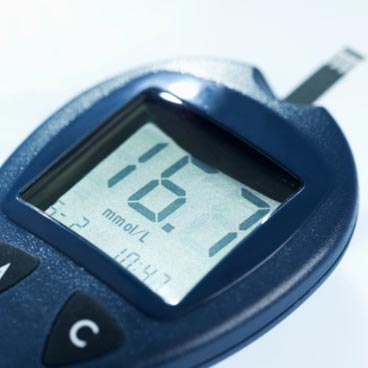A research team from Allegheny General Hospital led by neurosurgical pioneer Dr. Peter Jannetta reports that 7 of 10 study participants experienced significant improvements in glucose control after undergoing microvascular decompression (MVD) surgery to reposition arteries and relieve pressure on a nerve in the lowermost part of the brain.
This section of the brain, called the medulla oblongata, is continuous with the spinal cord, and responsible for respiration, circulation, and the body’s autonomic reflexes, including function of the pancreas.
Ten patients with type 2 diabetes were enrolled in the study based on MRI scans showing medullary compression by arterial loops. One year after the surgery, during which time no changes in diet, weight or activity level were permitted, blood tests showed improved hemoglobin A1c, fasting blood glucose and serum insulin levels in most people.
Dr. Jannetta is credited with developing the MVD technique, generally considered the surgical standard of care for debilitating cranial nerve diseases, including trigeminal neuralgia, hemifacial spasm, Meniere’s disease and spasmodic torticollis.
The new discovery, published in the journal Surgical Neurology International, is the first to link diabetes to the central nervous system and provides a promising starting point for future study.
“Diabetes is a tremendously difficult condition to manage and, for patients, to live with,” said Dr. Jannetta. “Though our study involves a relatively small sampling of patients, we believe that it represents a major breakthrough in our understanding about the central nervous system etiology of the disease and the potential of surgical intervention as an alternative therapy for a significant subset of patients. The next step is a much larger prospective clinical investigation to further corroborate what we have found.”
Become a Saturday Evening Post member and enjoy unlimited access. Subscribe now



